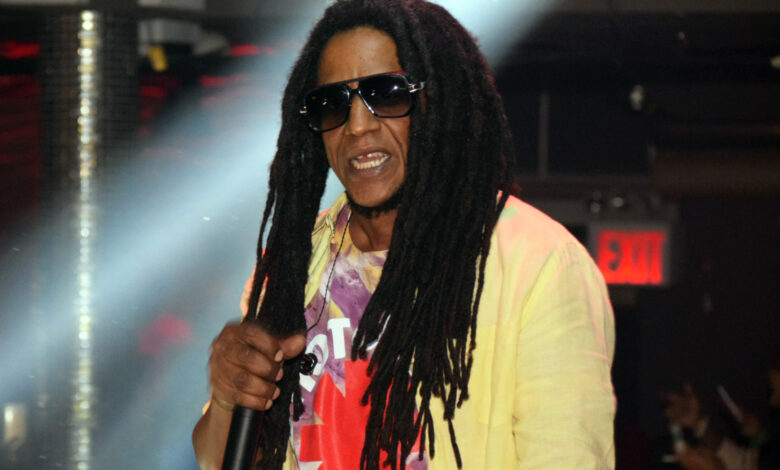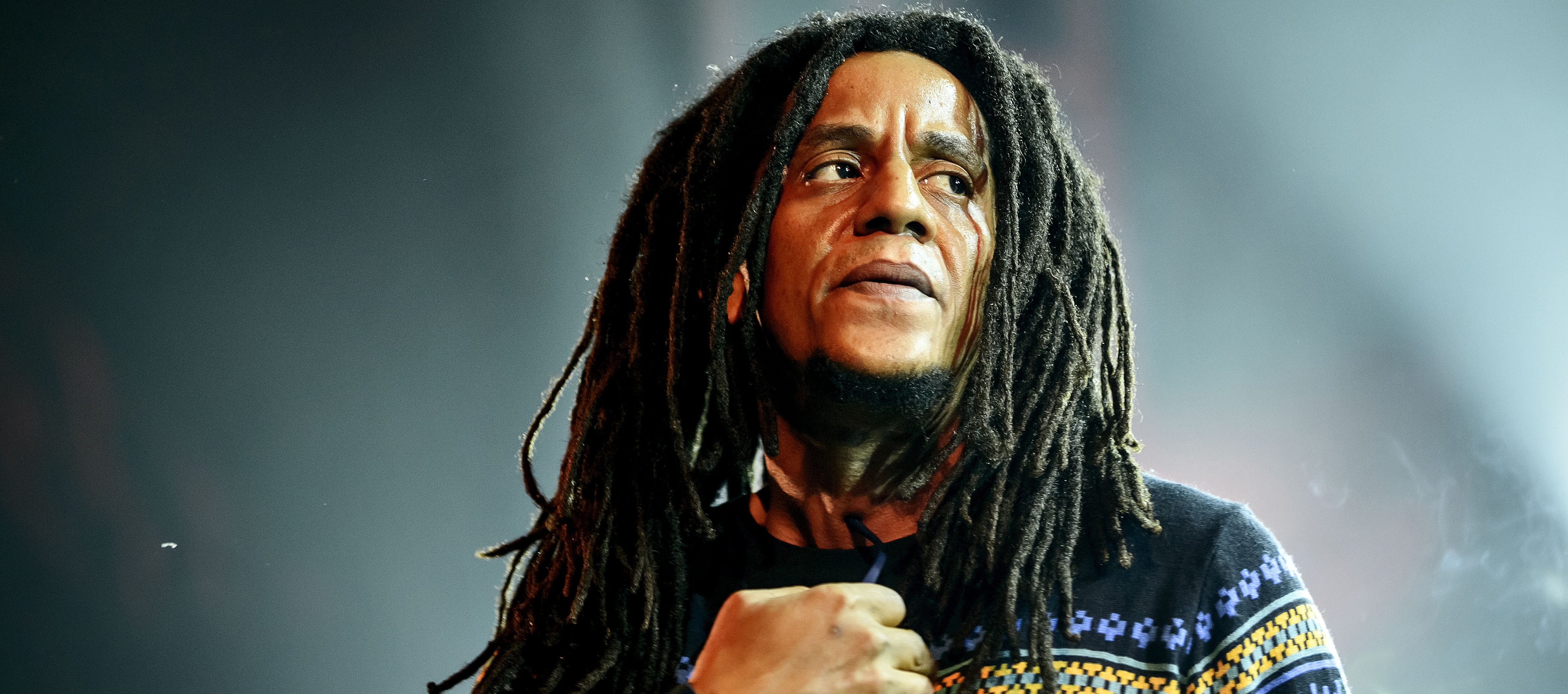Tego Calderón: The Afro-Boricua Rebel Who Redefined Reggaetón When It Had No Rules

There are artists—and then there are architects of culture. Tego Calderón is the latter: a voice from the margins who tore down boundaries long before reggaetón became a global phenomenon. His journey isn’t just one of hits and rhythms—it’s a story of identity, resistance, and a steadfast refusal to trade authenticity for fame.

Roots & Rebel Beginnings
Born Tegui Carlos Calderón Rosario in Puerto Rico in 1972, Tego’s musical DNA was shaped amid salsa, hip-hop, bomba, plena—and the lived reality of being Afro-Boricua. As a teenager, he listened not to the commercial radio alone but the music of his people: the percussion, the voices, the raw expression of diaspora.
When El Abayarde dropped in 2002, it wasn’t just an album. It was a declaration: reggaetón could be more than party music; it could be a mirror held up to society. Tego fused salsa horns, rap grit, and Afro-Caribbean rhythms—songs like “Pa’ Que Retozen”, “Al Natural”, “Dominicana” weren’t just catchy. They were statements.
Disruptive by Design
Tego’s strength has always been his discomfort with labels. He didn’t want to be reggaetón or hip-hop or salsa—he wanted to be himself. And that meant speaking truth: about race, class, colonial legacies, and pride. In a genre that often sanitized identity for mass appeal, Tego wore his Afro as both crown and protest.
His 2006 album The Underdog/El Subestimado showed this evolution. He didn’t just make music to dance to—he made songs to think with. Notably, he pulled back from full-tilt reggaetón and leaned into hip-hop, reggae, blues, even salsa. It was a risky shift—one that could have lost him mainstream momentum—but instead it cemented his role as a disruptive force.

Legacy & Influence: Then and Now
Ask anyone who’s listened to reggaetón’s newer wave—Bad Bunny, J Balvin, Rauw Alejandro—and you’ll hear echoes of Tego. His refusal to gloss over issues of race or identity paved the way for artists to be more open, more political, more themselves. Where others saw tension, he saw art.
He showed reggaetón could carry weight—that it could dance and deliver a message. Tracks like “Loiza” don’t just celebrate place; they resurrect history, claim dignity.
The Man, Still Unfinished
It’s tempting to see Tego Calderón as a figure of the past—but that would be reductive. He’s still here, still speaking. That insistence on integrity, on history, on Afro-identity—that’s not nostalgia: it’s vitality. He’s a reminder that music isn’t just about what already is—but what can be possible when someone dares to push.
Why Tego Matters More Than Ever
At a time when global Latin music risks smoothing out its edges for mass consumption, Tego Calderón stands as a threshold: between generational memory and commercial sheen. His story challenges newer artists—and listeners—to ask: What are we losing when we trade discomfort for acceptance? What truths are we forgetting?
Because reggaetón, stripped to its roots, was always political. It’s about pride, resistance, voice. Tego didn’t just rap—he insisted on being heard.
In the end, Calderón isn’t merely a pioneer of reggaetón; he’s its conscience. And for every beat you dance to, there’s a lyric there reminding you of where that rhythm came from—and where it still needs to go.





